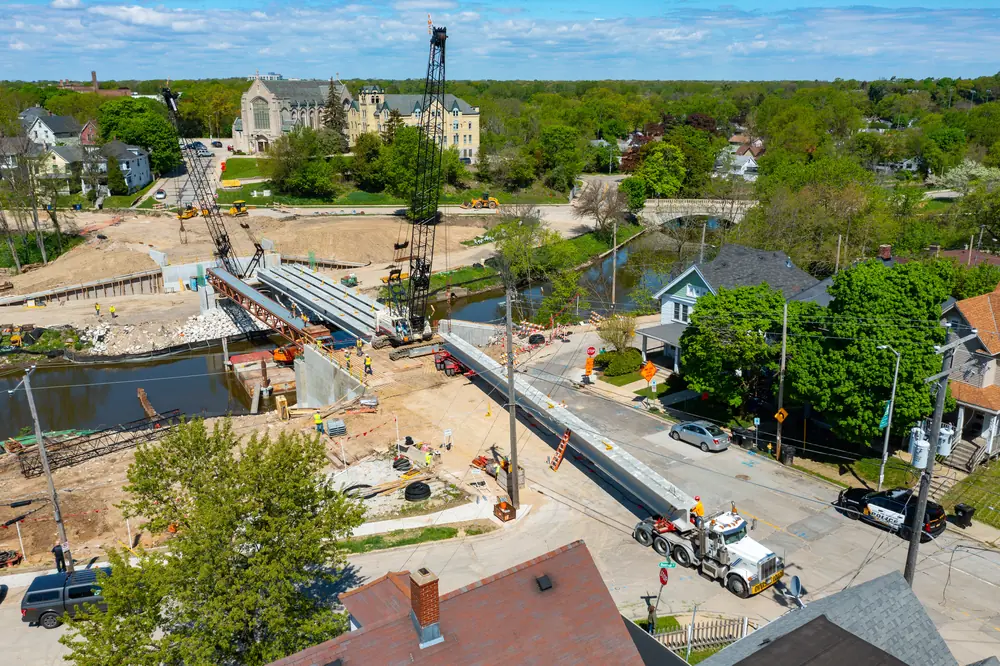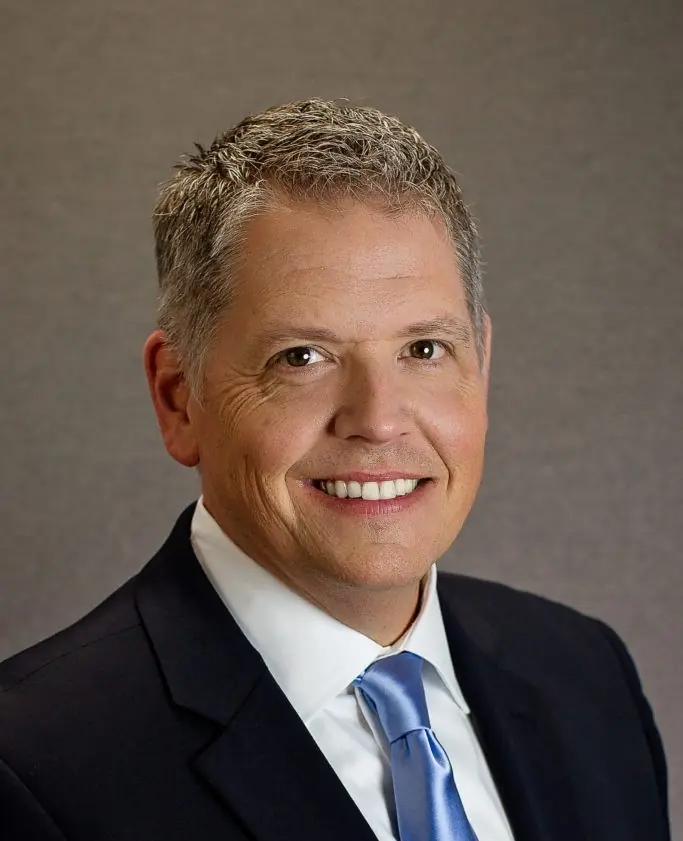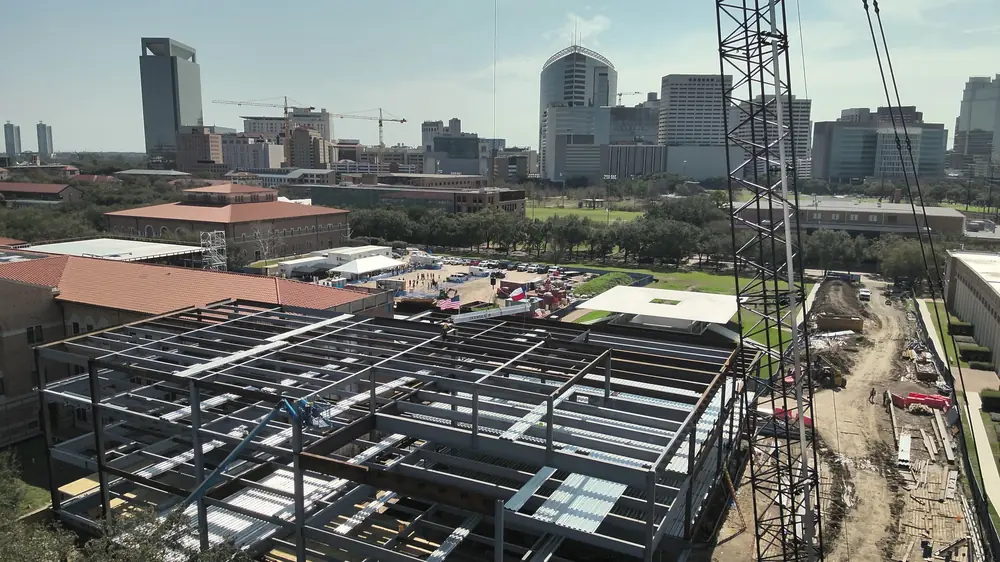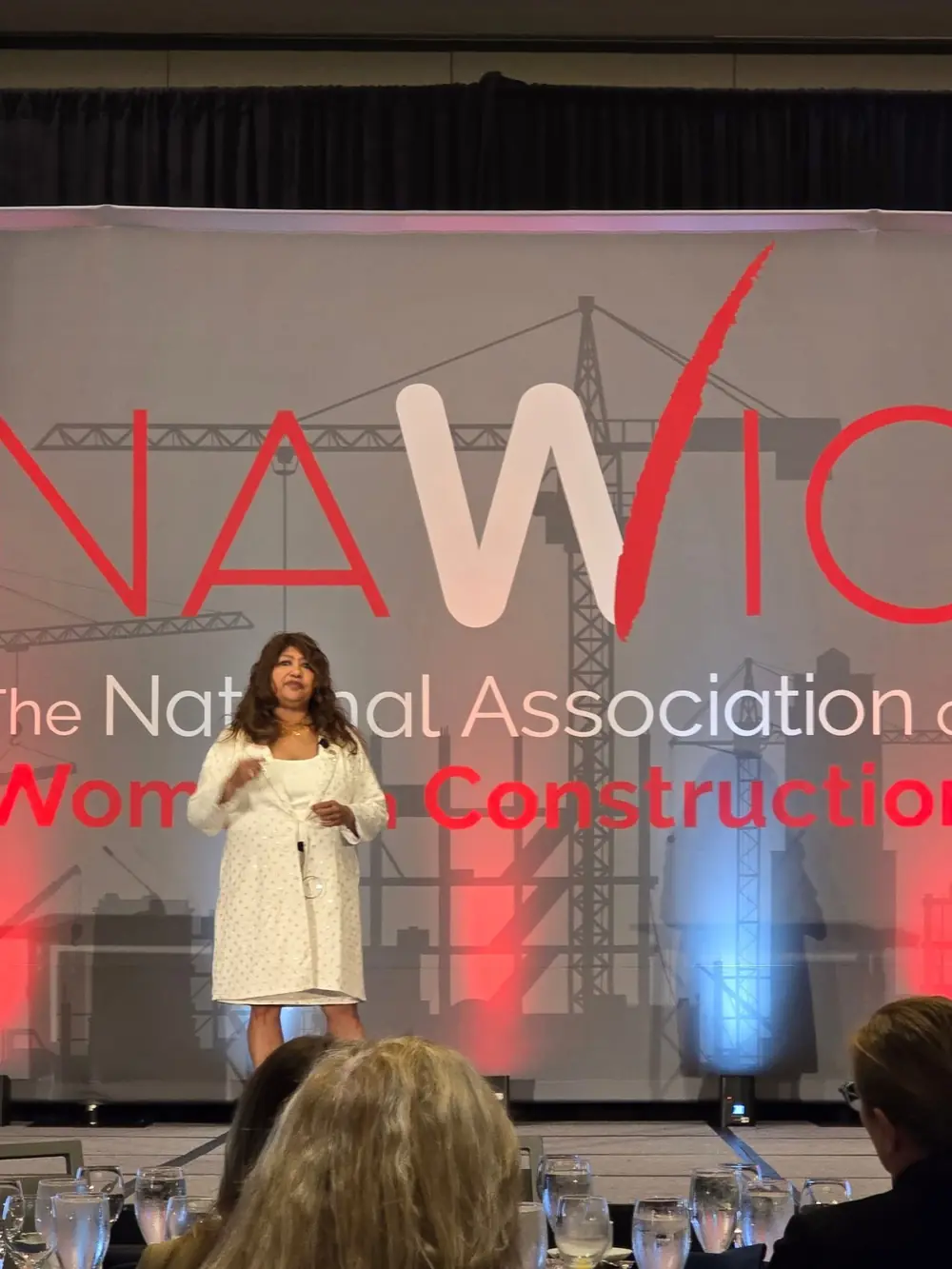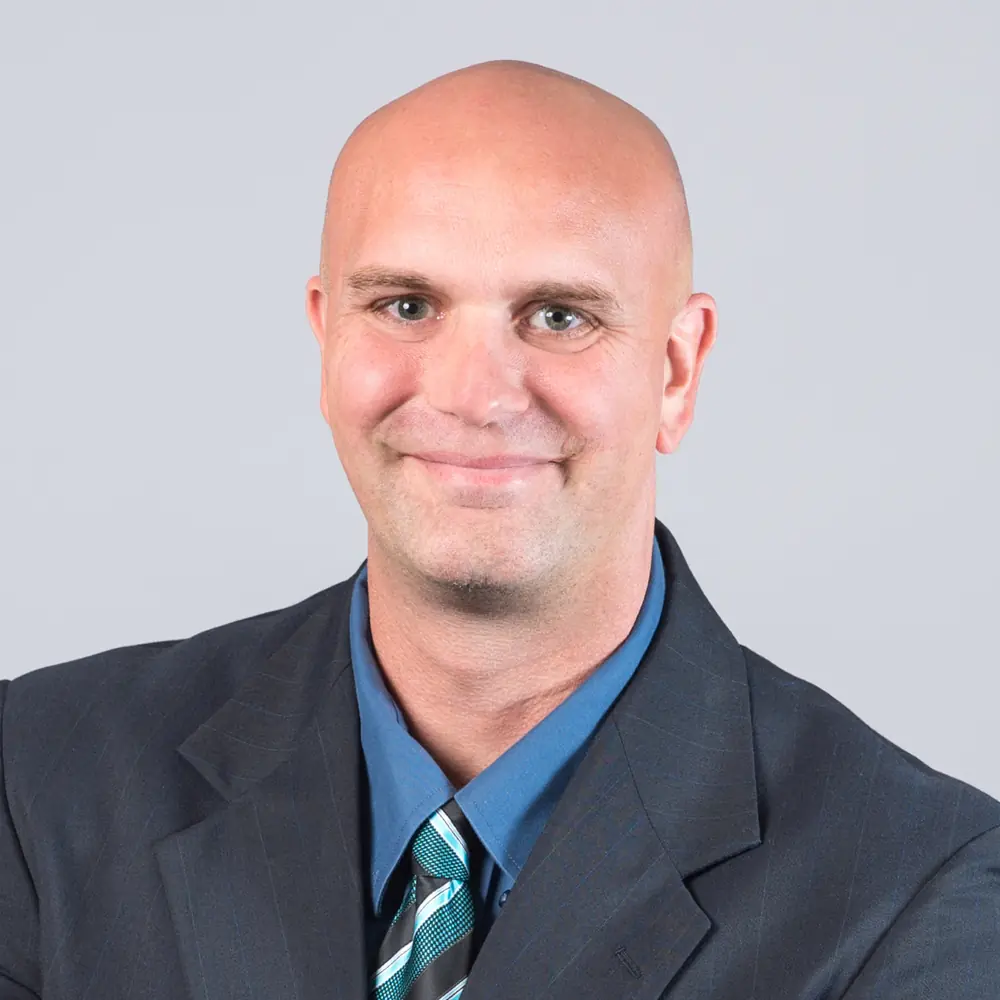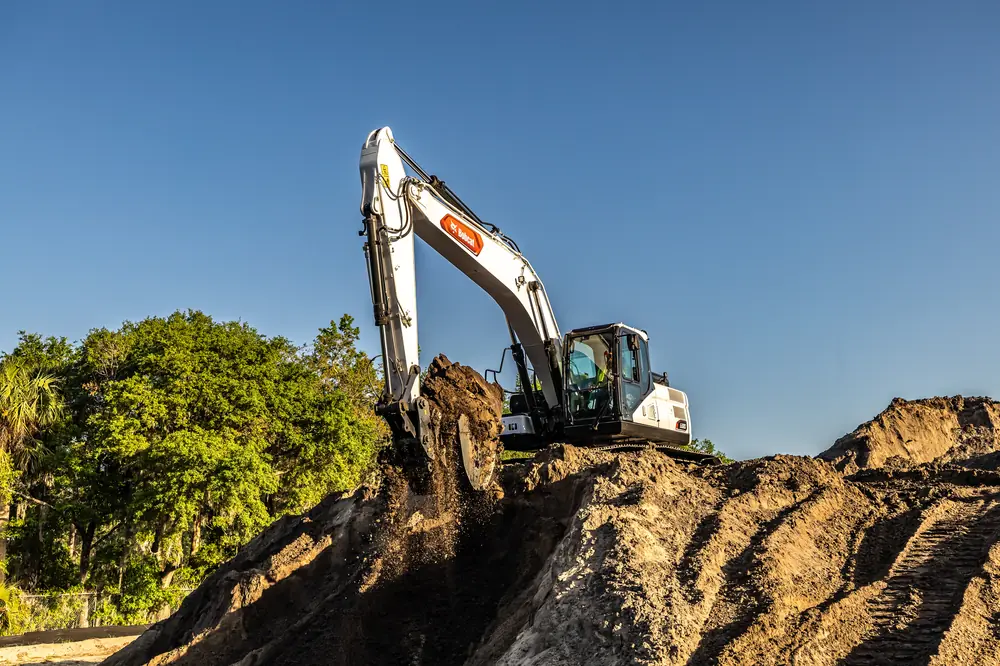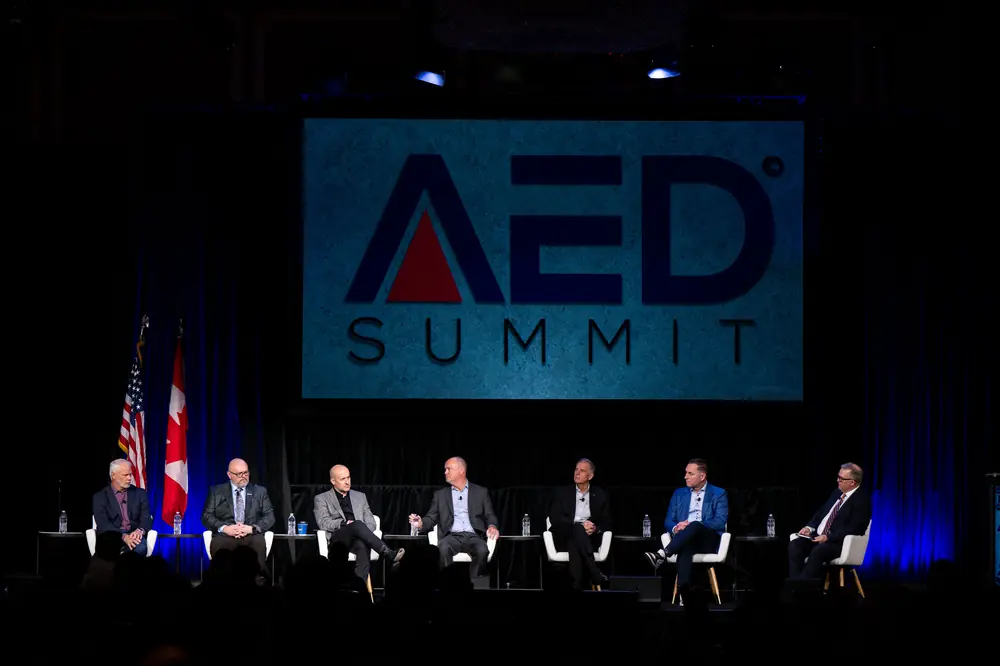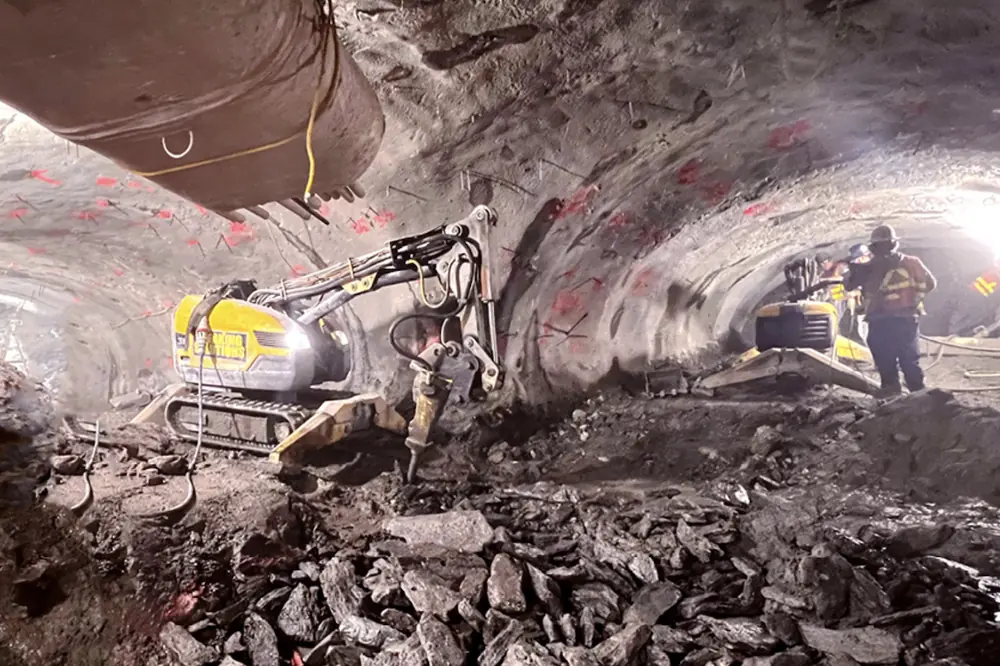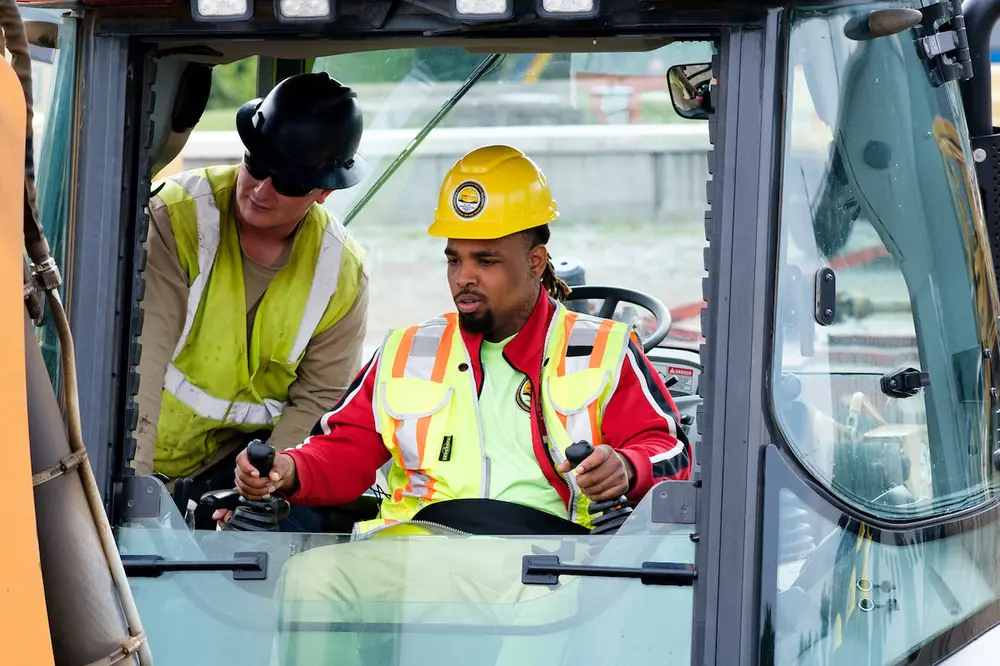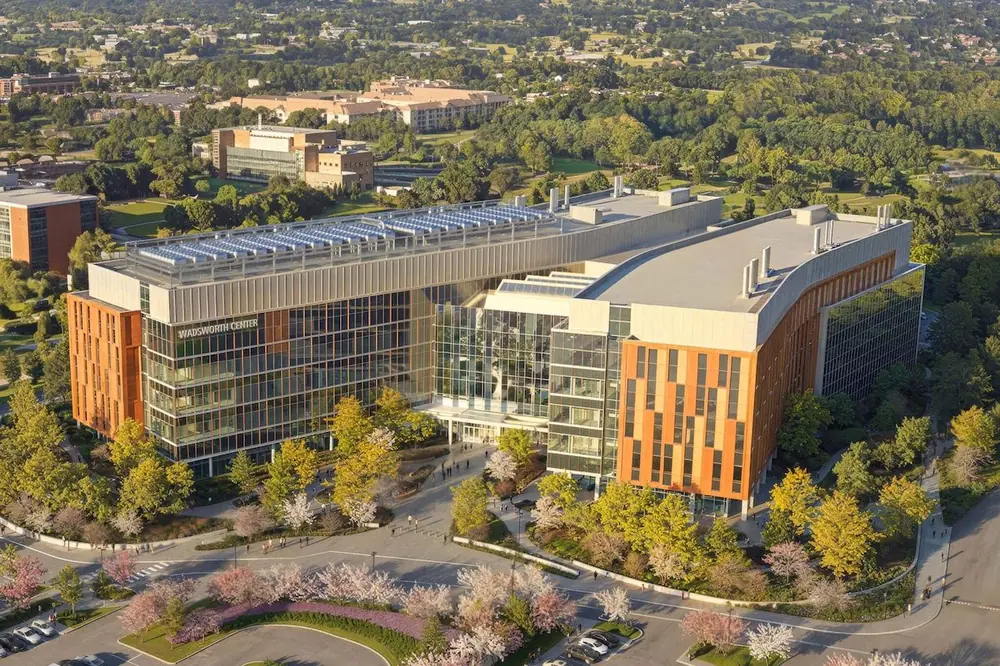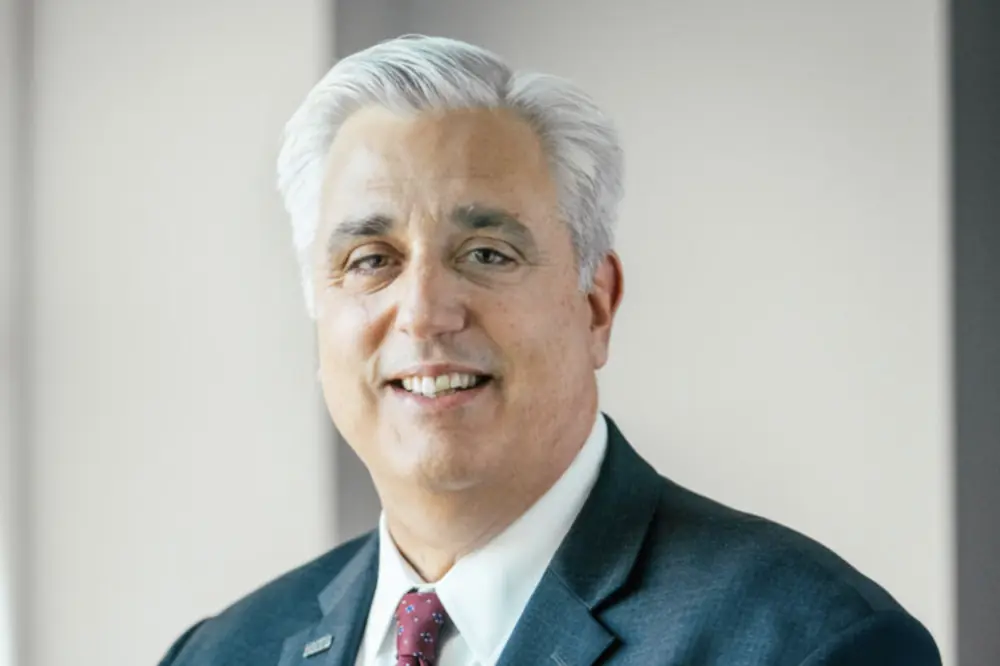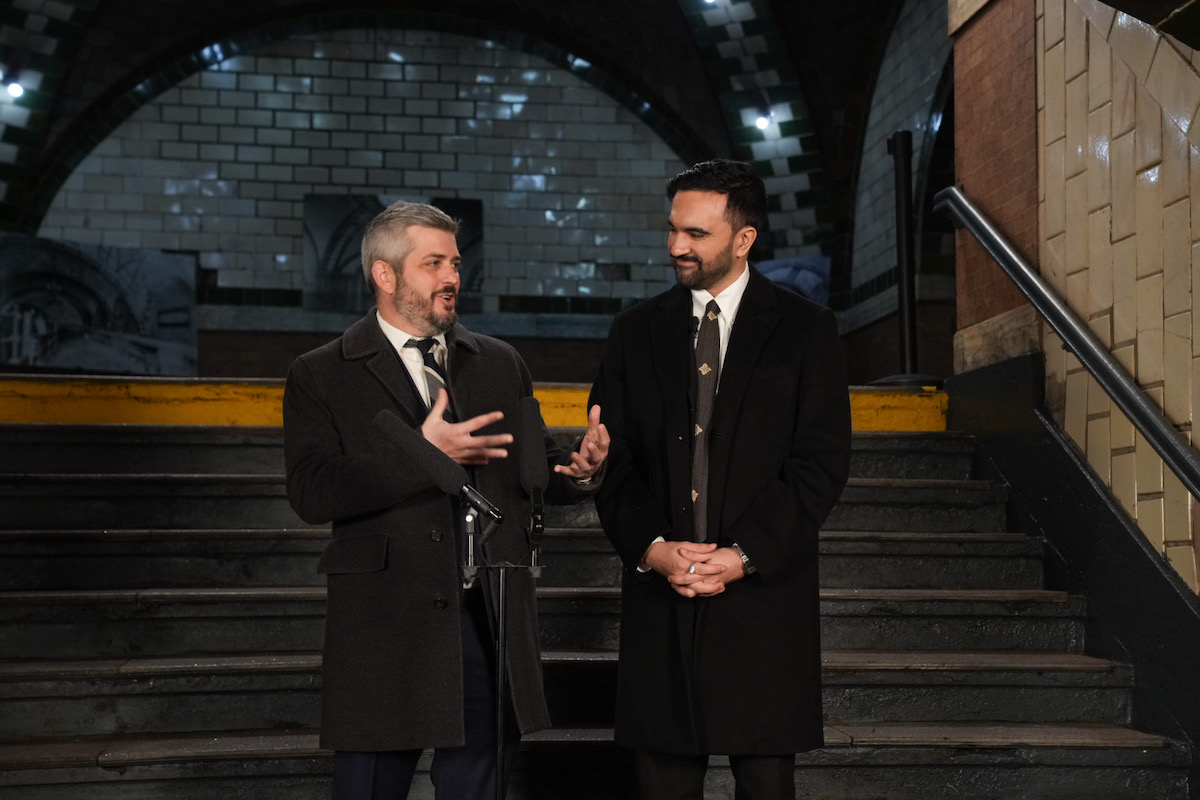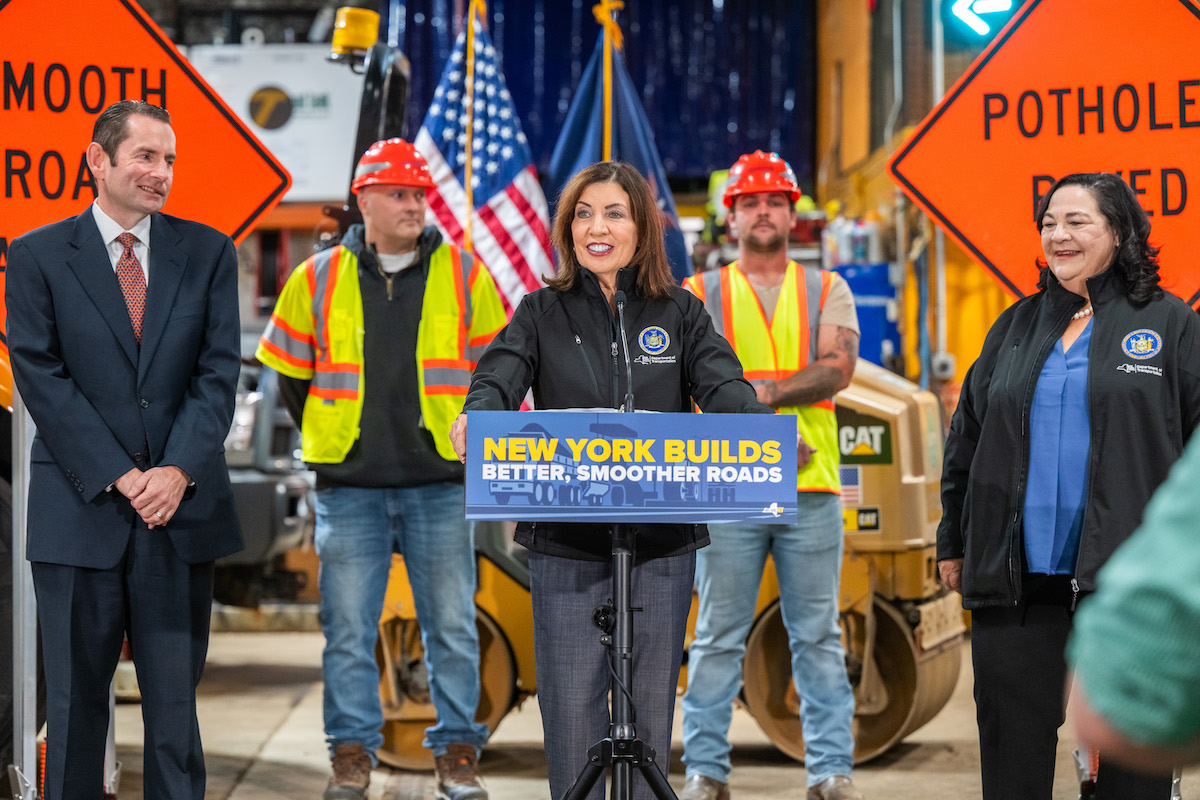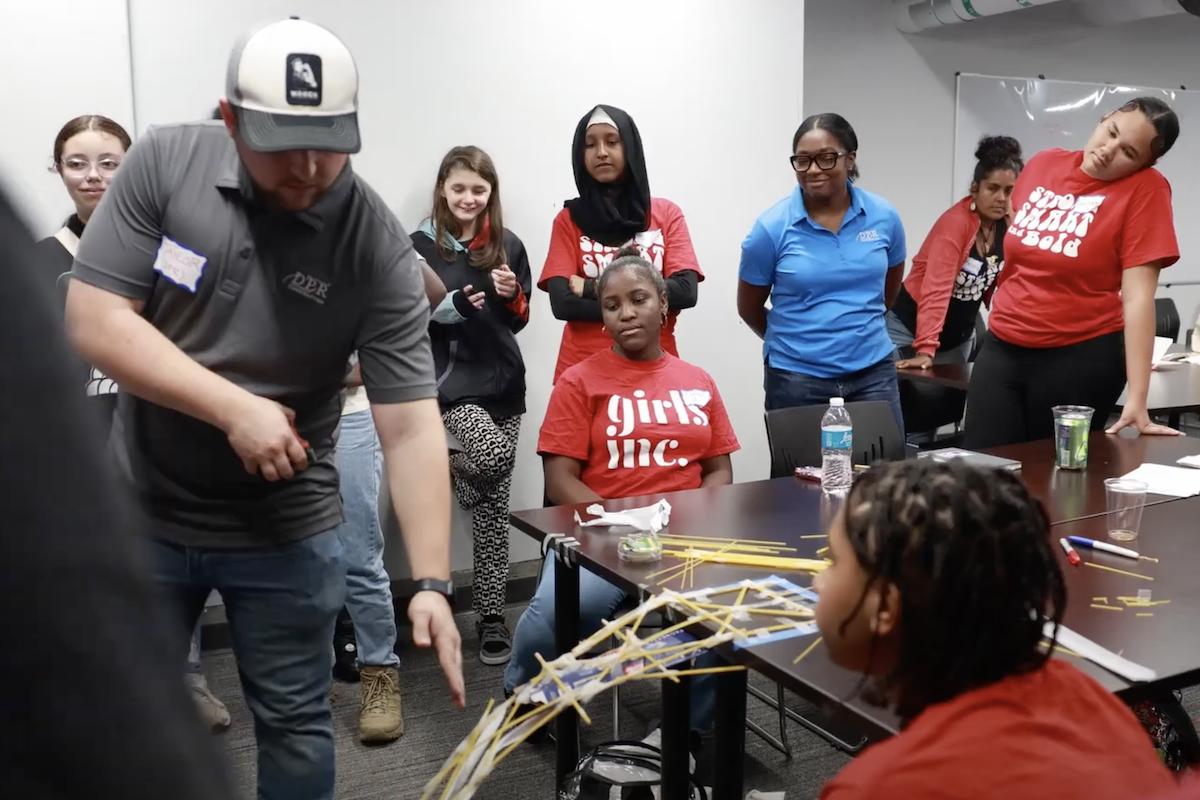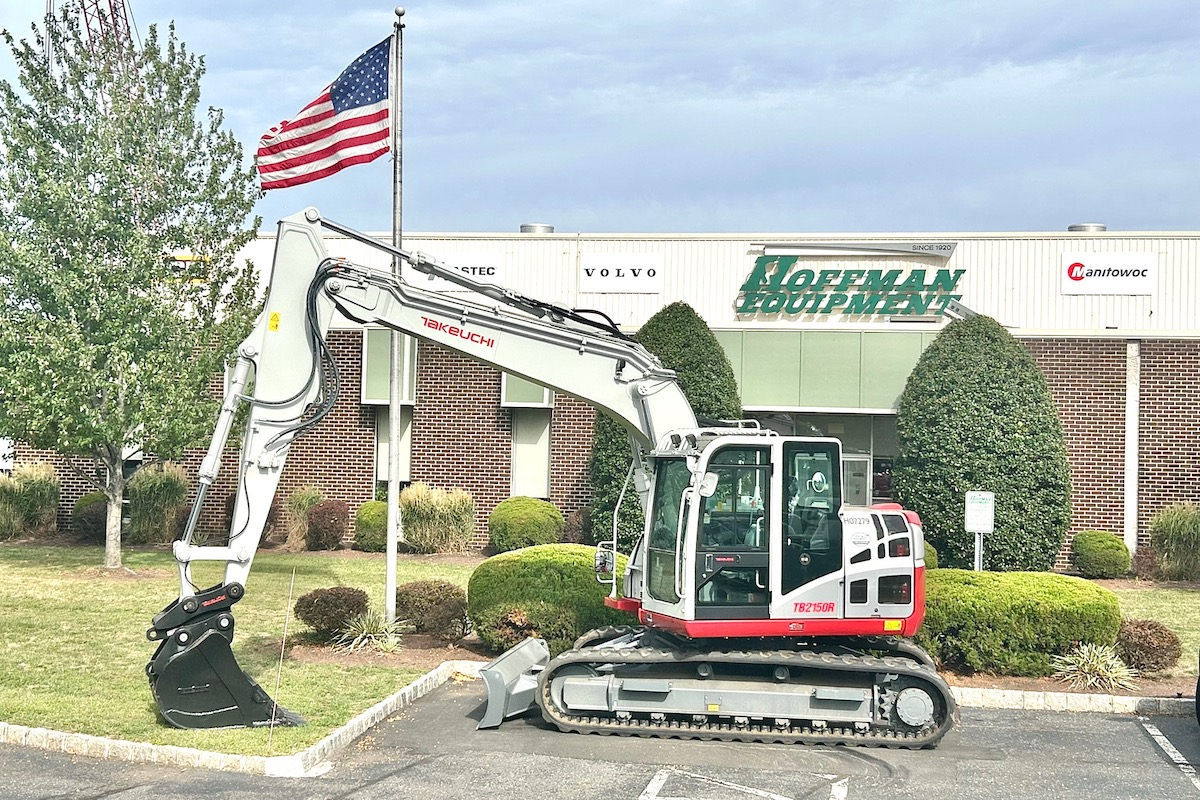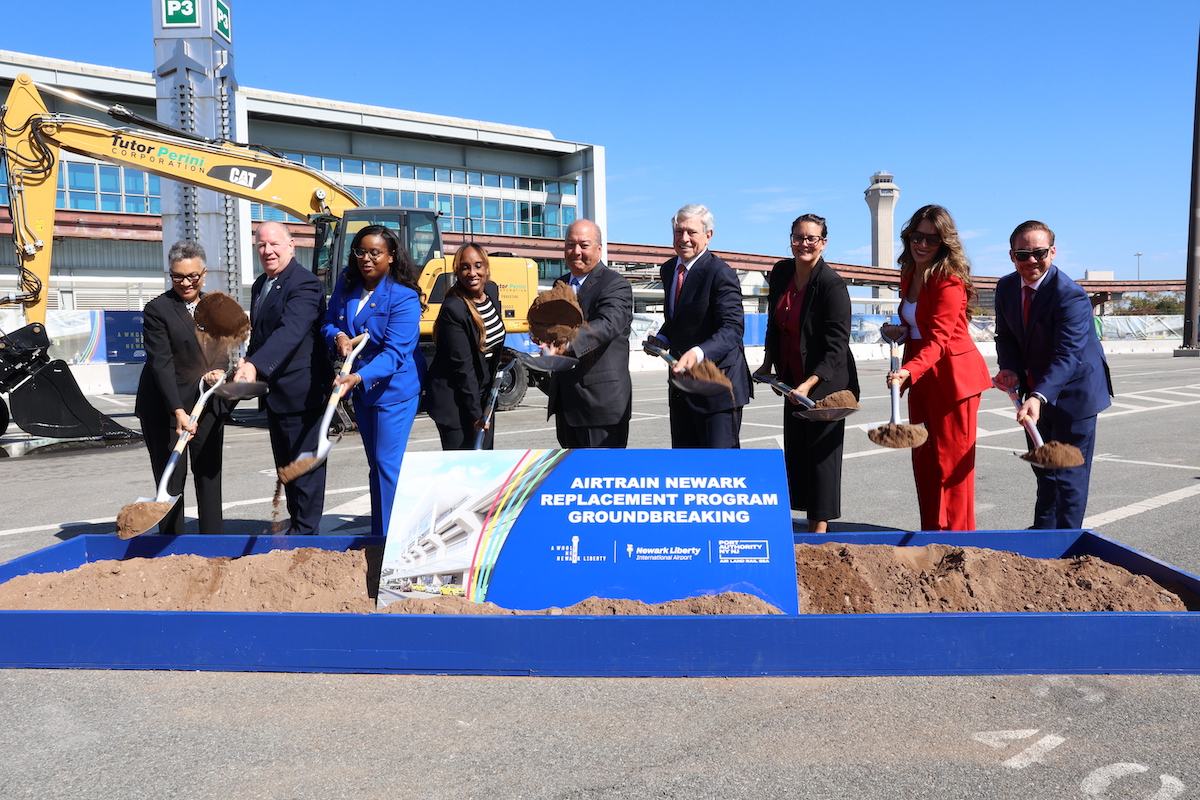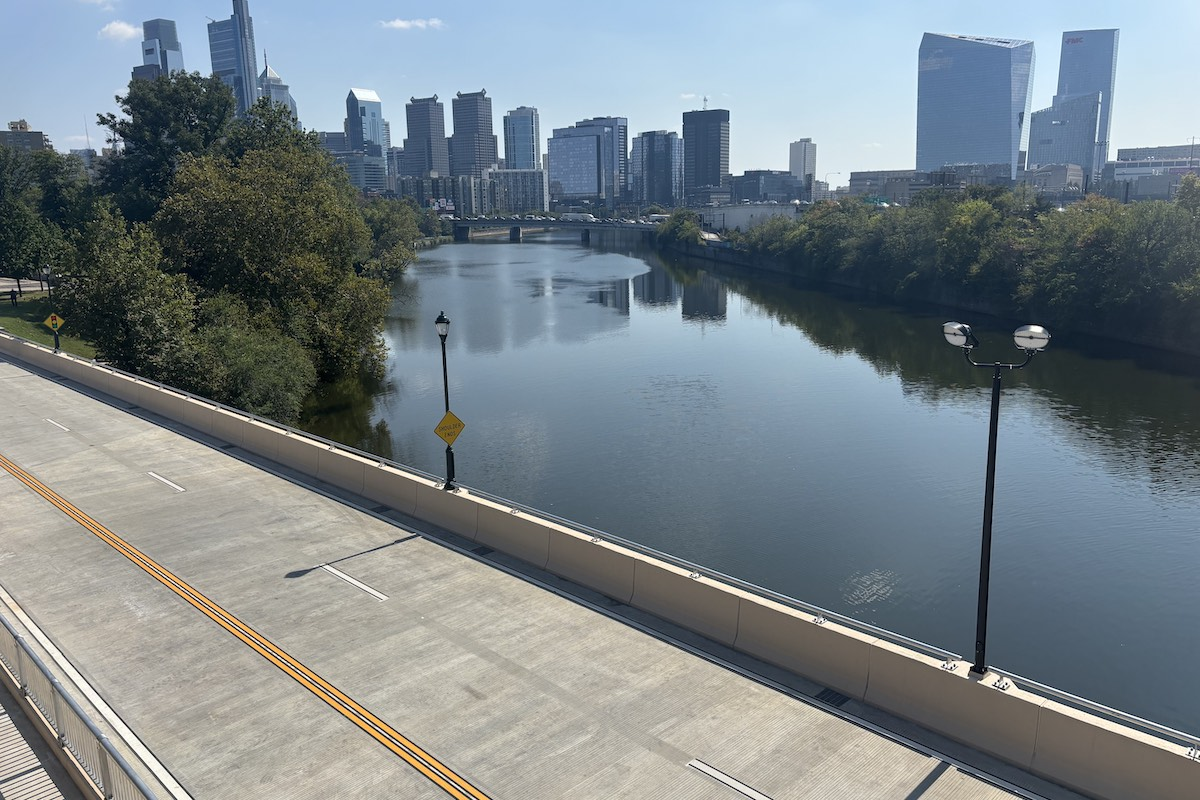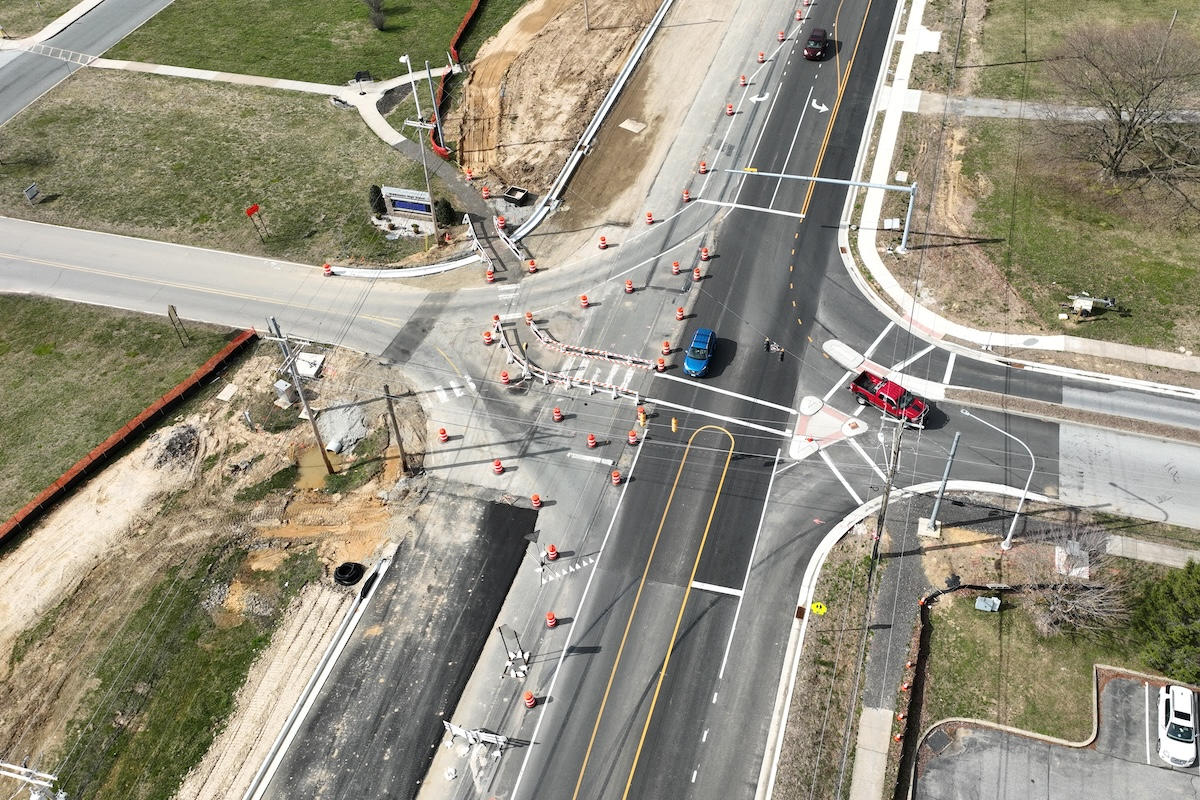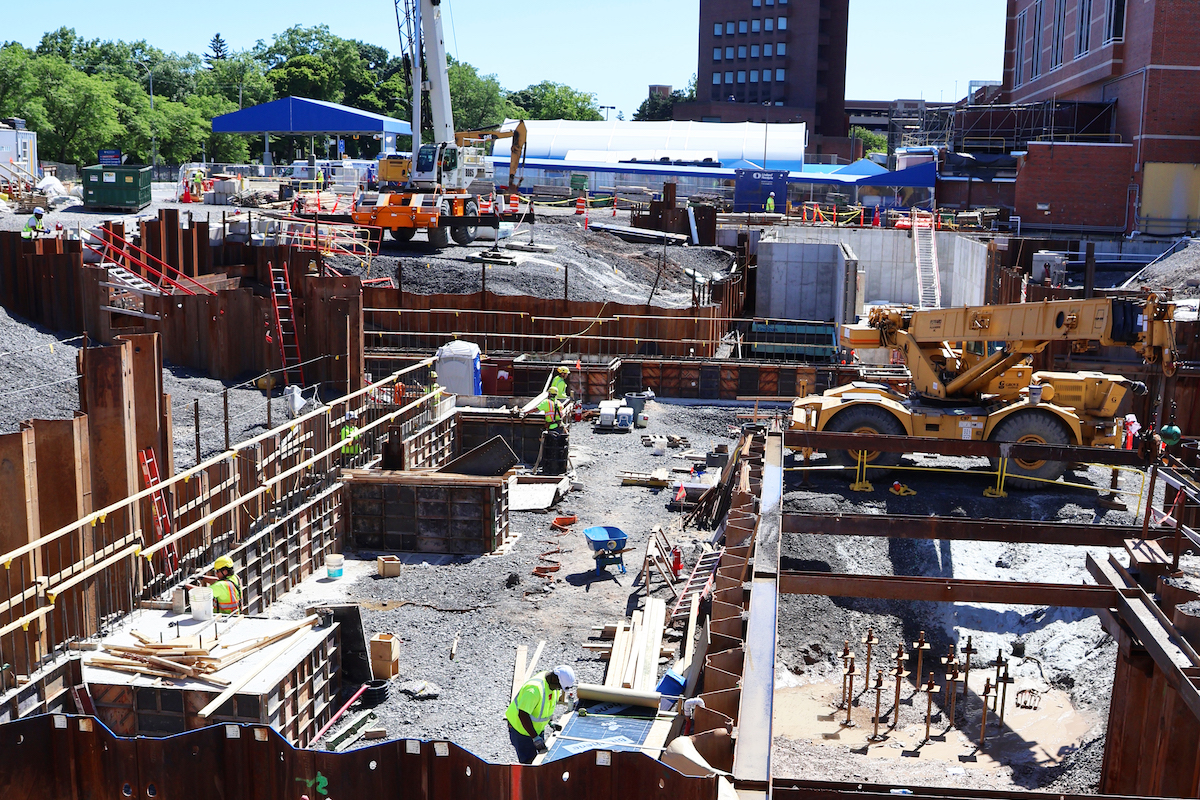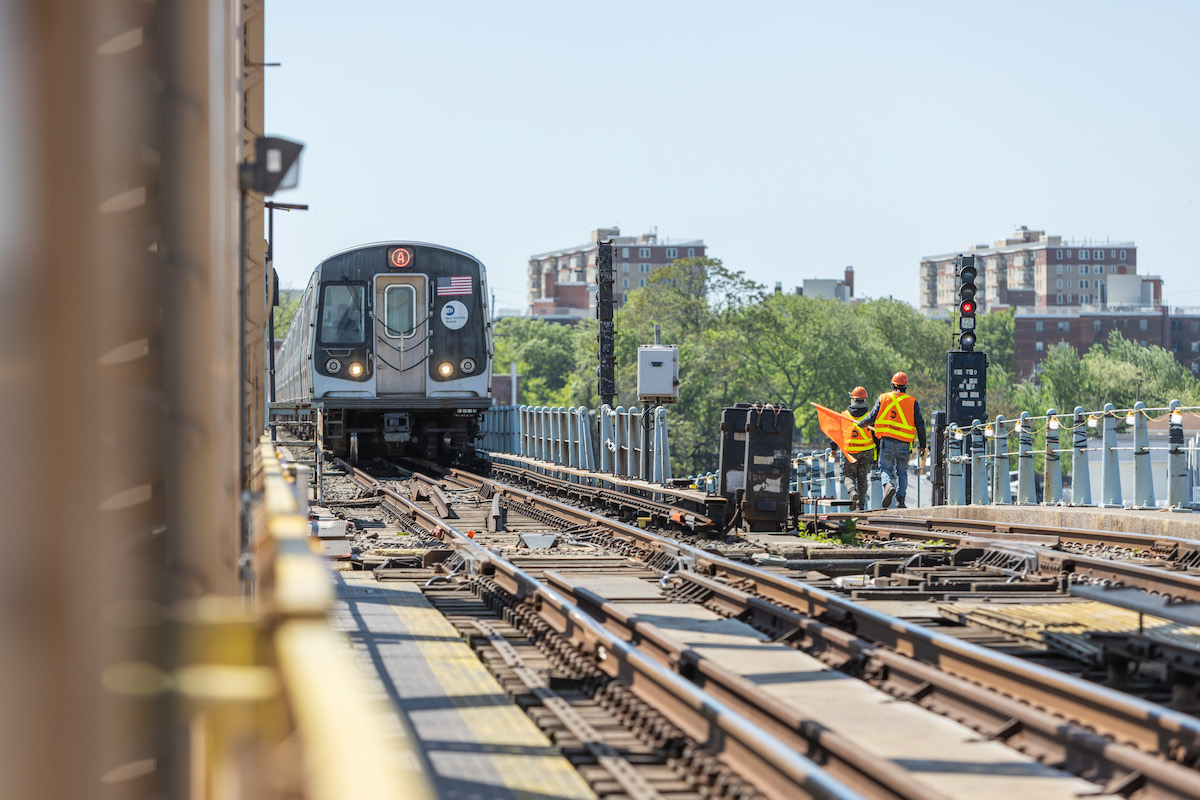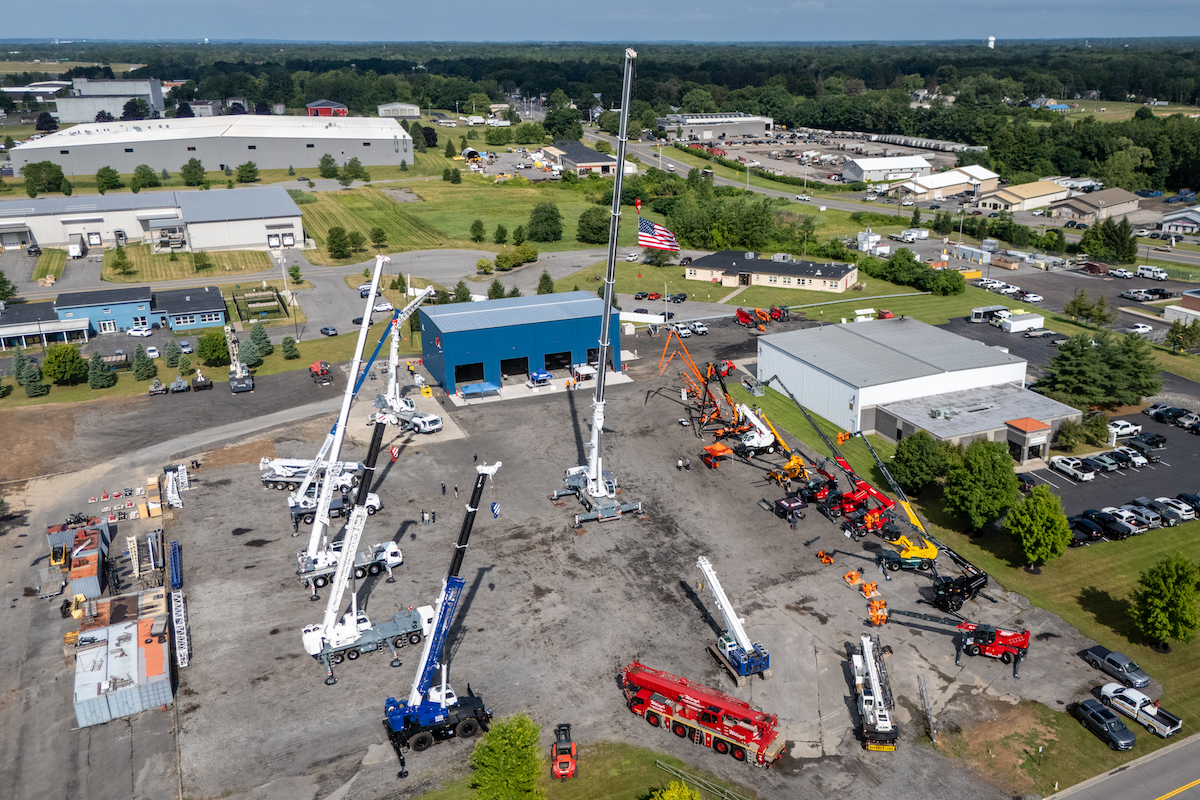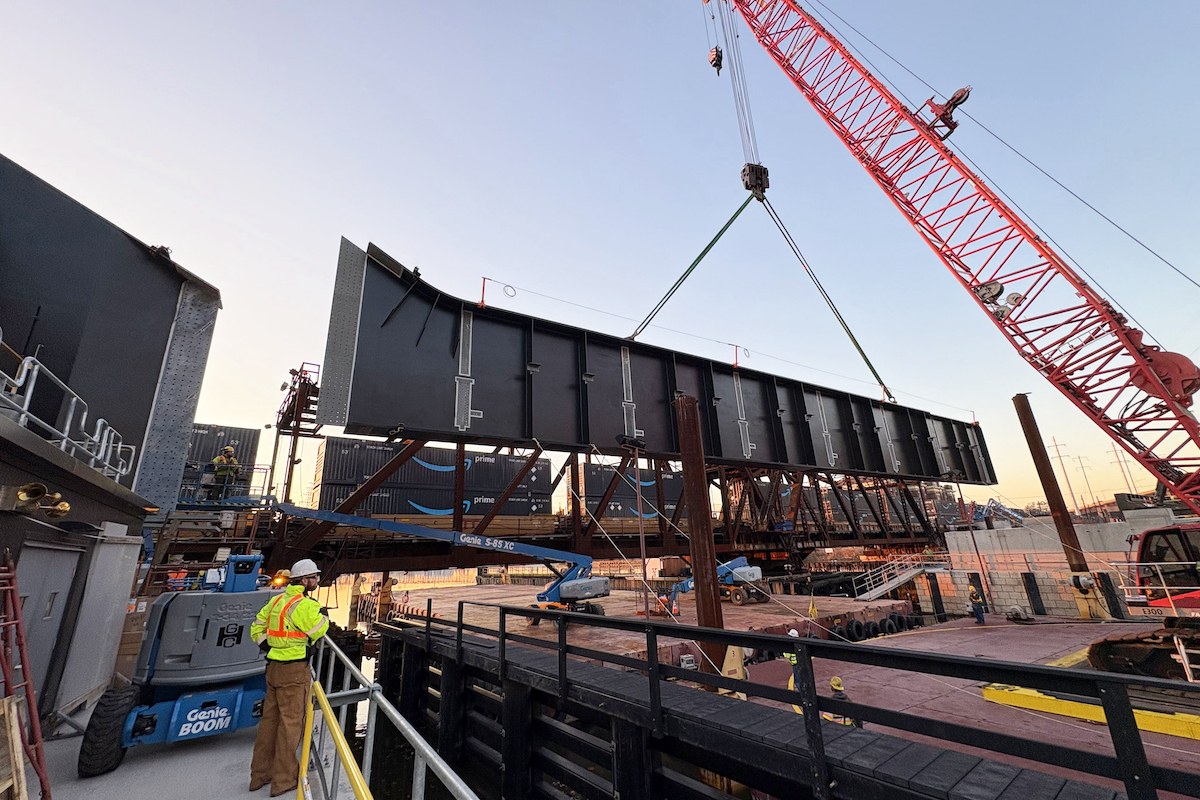“When I established Northwest Arkansas Communications 20 years ago, my main focus was engineering fiber networks for cable companies,” explained Ward. “Eventually, our services were enlisted in other states, including Alabama, Tennessee, Louisiana, and Mississippi, so we shortened the name to NWA Fiber Communications. In those early days, our business focused on developing plans for constructing fiber networks. But now we do everything from developing the plan and securing government permits to installing conduit/cables below ground and in the air, blowing in and splicing fiber lines, and splitting fiber nodes.”
As Ward and his team took over more operations on fiber projects, NWA went from a subcontractor to a general contractor on several major fiber network expansion projects. Ward said stepping into this role meant being in charge of every project phase, including planning, mapping, and installing.
“We had engineers on staff, splicing and splitting teams, and aerial crews, but did not do anything underground,” Ward said. “At first, we subcontracted out horizontal directional drilling (HDD) work, but we didn’t have the best of luck with the crews we brought in. They couldn’t be there when we needed them and, in some cases, didn’t live up to the high standards we built our business on. So, we got into the HDD business ourselves.”
“We needed a larger drill for a project we were working on, and the dealer we had been working with didn’t have what we needed,” Ward continued. “That’s when we reached out to the folks at Vermeer MidSouth. They brought out a Vermeer D24x40 S3 HDD, and I think everyone on our crew fell in love with that machine. It felt much more durable, and the controls are intuitive.”

| Your local Trimble Construction Division dealer |
|---|
| SITECH Allegheny |
| SITECH Northeast |
NWA Fiber Communication’s experience with the D24x40 S3 led them to change direction with their fleet plans. In addition to investing in the D24x40 S3, they have added two Vermeer D20x22 S3 HDDs, a D23x30 S3 HDD, and a D40x55 S3 HDD. They also have a Vermeer VX50-500 vac trailer. “We’ve been slowly selling off our other drills as we ramp up our Vermeer fleet of drills, and honestly, the decision has helped us be more productive on jobs. It’s easier to train operators and locators on our current drills than the drills we were operating before, and the service from Vermeer MidSouth has been incredible, no matter where our crews are working,” said Ward.
These specialty shots are employed to connect fiber networks across several communities, and when using a vibratory plow or trenching is not an option. “Under roads and railways, as well as environmentally restricted areas, bores have to be longer and, in many cases, deeper,” explained Ward. “Our crews use the bigger Vermeer drill for these bores, and most range from 1,000 feet to 1,700 feet with a diameter of 4 inches to 6 inches.”
On a recent project in Tupelo, Mississippi, NWA Fiber Communications used the Vermeer D40x55 S3 to perform a 900-foot drill shot under a canyon road that reached a depth of 50 feet. “We positioned the drill on the high side of the road and drilled down toward it. Our permits required us to be 20 feet below the surface when we made the crossing, and then we had to come back up on the other side,” Ward explained. “These types of bores can be stressful but a good revenue stream, which makes it pretty easy to justify adding the D40x55 S3 to our fleet.”
NWA Fiber Communications’ HDD crews install thousands of feet of fiber every year, but it’s challenging shots they remember most. “With the range of drill models we’re running, we have the right sized machine for every job phase – small and large. It’s something that I think separates us from other fiber contractors.”
“We’ve been designing fiber networks for a long time, as well as many other phases of the fiber expansion projects. We may not have been drilling for as long as we’ve been engineering, but no matter what obstacles we face on any project, we own it. We will see the job through to the end of the construction and be there for any repairs that may be needed in the future. We strive to not only meet customers’ expectations but to exceed them with our willingness to go the extra mile. We take pride in all that we do and are looking forward to what the future.”




